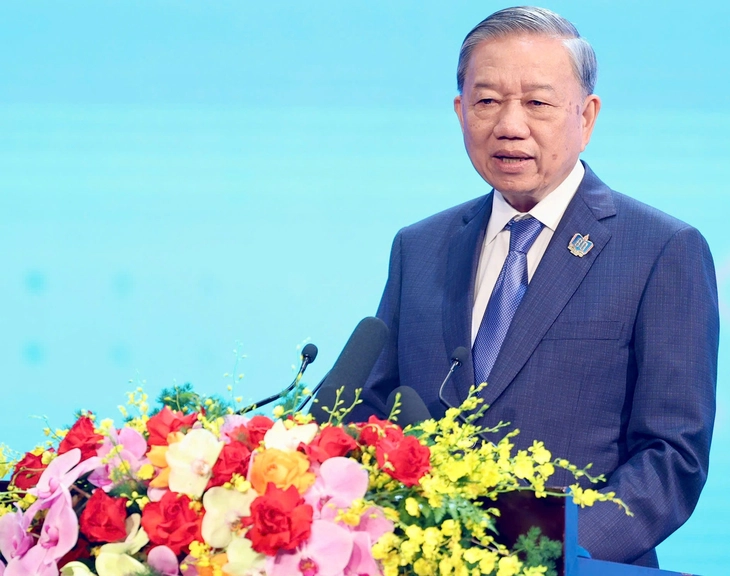
General Secretary To Lam speaks at the ceremony to celebrate the 80th anniversary of the education sector's traditional day and the opening of the 2025-2026 school year - Photo: NGUYEN KHANH
From the literacy movement during the war to today's integration, education has become the soft power that helps the country develop.
It can be affirmed that education is one of the pillars that create the lasting strength of the Vietnamese people.
The survival power of the nation
Right from the early days of the founding of the country, President Ho Chi Minh affirmed: "An ignorant nation is a weak nation". That shows that education is not only a right but also the strength for the survival of the nation.
In the context of "famine, ignorance, and foreign invaders" raging, the work of eliminating illiteracy became an urgent task.
The image of a class of civil servants by the light of an oil lamp or a class in a bomb shelter is proof of the desire for knowledge.
After the country's reunification, from a difficult starting point, education continued to affirm its role in creating human resources, contributing to progress: agriculture went from a place of food shortages to a rice exporting powerhouse, roads and bridges that once depended on foreign experts are now undertaken by Vietnamese engineers, and a network of schools covers the whole country.
Universal education was completed, the rate of high school graduates increased rapidly, and vocational and university education developed in both scale and quality.
Behind every socio-economic achievement is the imprint of education. However, limitations still exist: uneven quality, pressure on exams and admissions, lack of synchronous innovation, leading to a prolonged situation of extra teaching and learning.

Teachers and students of Tak Po highland school, Tra Tap commune, Da Nang city at the opening ceremony of the new school year - Photo: LE TRUNG
Strong political determination
Pointing out the limitations of education, General Secretary To Lam emphasized at the ceremony to celebrate the 80th anniversary of the Education Sector's Traditional Day and the opening of the 2025-2026 school year: "... shifting from reform and correction to a creative mindset - leading national development through education; taking quality - equity - integration - efficiency as a measure; tightening enforcement discipline".
In the flow of educational innovation in the spirit of Resolution 71, the General Secretary's speech affirmed a strong political determination: universalizing general education as soon as possible.
This is not just a statement, but a message for action: universal education must become a basic right, so that every child has the opportunity to complete secondary education before entering adulthood.
Universalizing general education first of all creates the foundation for high-quality human resources, which is an important condition for the country to rise in the era of knowledge economy.
A country that wants to develop must have high quality human resources. This resource does not only start from university level, but more importantly is general education.
Universal primary education is the "input material" for training highly qualified human resources. Without secondary education, higher education will be limited.
With a long-term vision, the General Secretary has set out a creative requirement: to turn universal general education into a strategic foundation for human resource development, considering education as the central driving force to lead industrialization, modernization and international integration.
Universalizing general education also helps reduce exam pressure, share family worries and ease the burden on teachers. A humane highlight in the General Secretary's speech is the request to reduce exam pressure to transfer to another level.
In fact, every 10th grade entrance exam season, hundreds of thousands of students and their families are stressed as if they are entering a "jumping through the gates of heaven". The high competition in big cities has turned this exam into a mental and physical burden.
Universalizing general education will reduce the situation of hundreds of thousands of students "failing" high school, forced to change paths in a state of disappointment.
This is the solution to reduce the pain: reduce the anxiety of parents, reduce the pressure on students, and limit the competition for extra classes. Then, extra classes will only be a supplement, instead of a life-and-death race.
Universalizing general education also contributes to reallocating resources, building a healthy educational environment and improving substantive quality.
This requires building more schools and recruiting teachers (which the General Secretary affirmed the State can take care of). When all students have the opportunity to study full-time, teachers are no longer burdened by the pressure of enrollment quotas or unequal stratification.
Teachers have the conditions to focus on their tasks: nurturing personality, fostering skills, and inspiring learning.
This is also a way to clean up the educational environment: when there is less pressure on exams, when "bribery" to get into schools is no longer a matter of survival, then the negativity in extra teaching and learning will also decrease.
These urgent requirements demonstrate the special concern and long-term vision of the Party and State for education.
Just one request to "universalize general education as soon as possible" reflects the special concern of the General Secretary, and at the same time demonstrates the determination of the Party and State in responding to the people's legitimate aspirations.
Behind that emphasis is a long-term vision: building a fair learning society, where every citizen is equipped with the minimum necessary to integrate, work and contribute.
This is the key link to ensure social justice, improve human resource quality and reduce injustice.
A turning point in thinking
With far-sighted directions, full of enthusiasm and revolutionary will, General Secretary To Lam pointed out specific tasks that socio-political organizations need to effectively carry out.
In those directives, universalizing general education is no longer a "long-term task" but has become an urgent requirement.
This is a turning point in the thinking of developing Vietnamese education: taking people as the center, taking the well-being of millions of families as the goal, and taking the future development of the nation as the measure.
On the basis of the tradition of studiousness and the spirit of valuing education over the past 80 years, universalizing general education as soon as possible will continue to foster intelligence, foster revolutionary will and contribute to building a prosperous and powerful country as Uncle Ho always wished.
Milestone in educational development
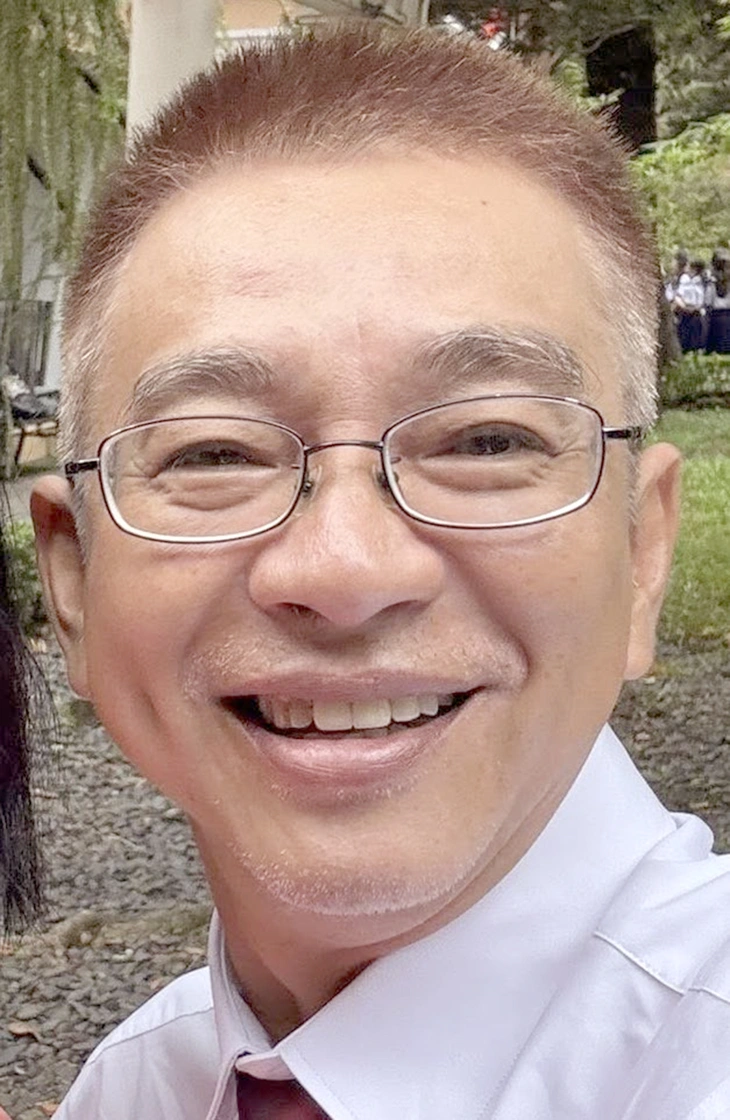
Our whole country has completed universal lower secondary education, so moving towards universal upper secondary education is something we must think about.
If this can be done, I think it will be a milestone in the development of Vietnamese education.
However, in the current context, I think there needs to be a roadmap for universalizing high school education, done step by step effectively. The first thing to do is to prepare schools and classes first.
On the other hand, I also propose to management levels that it is necessary to separate high school universalization and public 10th grade enrollment.
We have determined that high school is a career-oriented level, so it is not necessary that 100% of students who finish grade 9 must enter public grade 10.
After junior high school, students need to be given the opportunity to choose one of the different learning paths: entering grade 10 of high school (public or private), studying in the continuing education system, studying at a vocational college...
Master NGUYEN VIET DANG DU
(teacher at Le Quy Don High School, Xuan Hoa Ward, Ho Chi Minh City)
Source: https://tuoitre.vn/dau-an-lich-su-va-thong-diep-hanh-dong-20250906224858343.htm




![[Photo] Urgently help people soon have a place to live and stabilize their lives](/_next/image?url=https%3A%2F%2Fvphoto.vietnam.vn%2Fthumb%2F1200x675%2Fvietnam%2Fresource%2FIMAGE%2F2025%2F12%2F09%2F1765248230297_c-jpg.webp&w=3840&q=75)



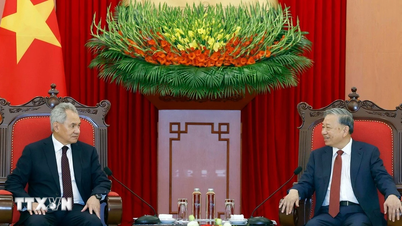

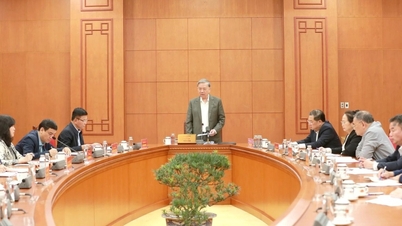

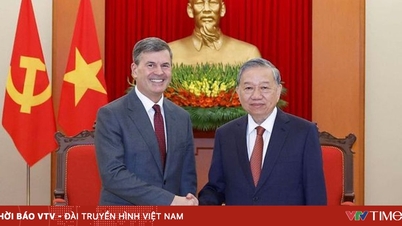

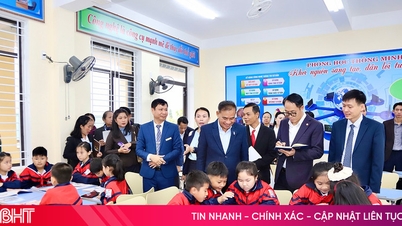

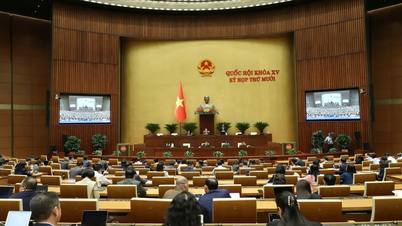







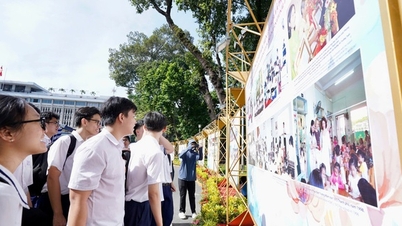











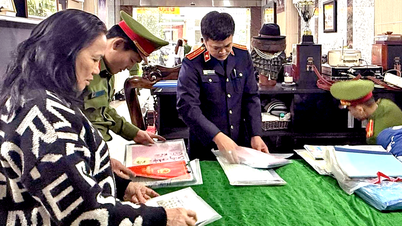






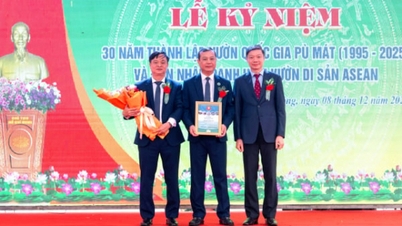


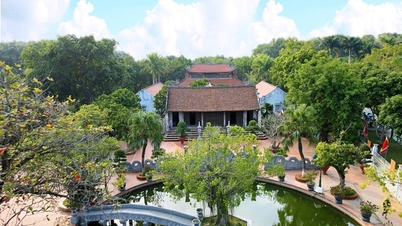
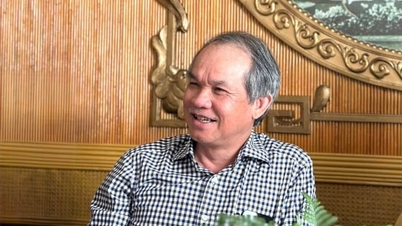
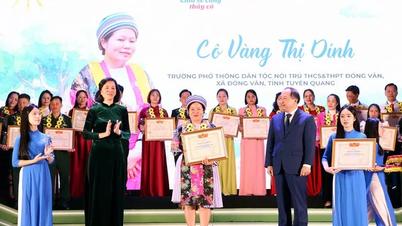

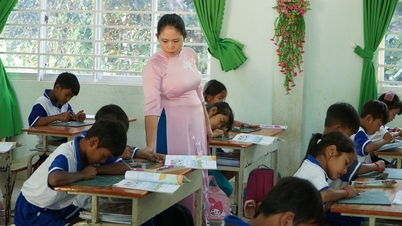
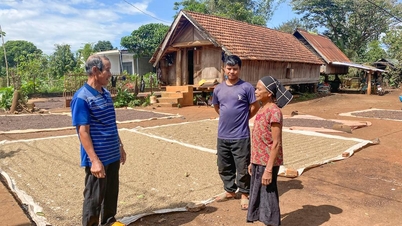

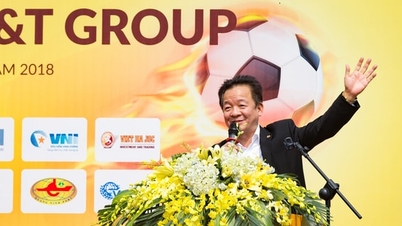



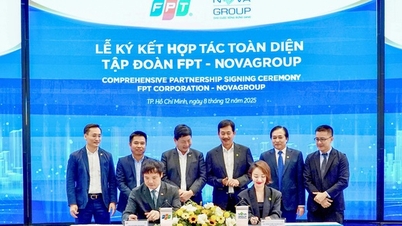

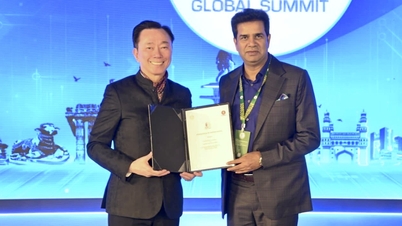


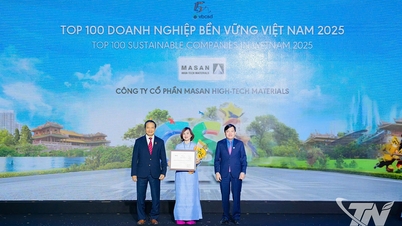


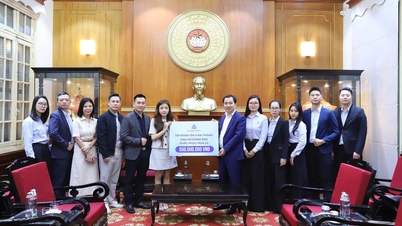







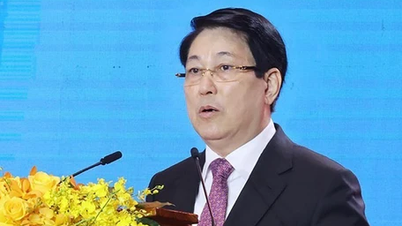
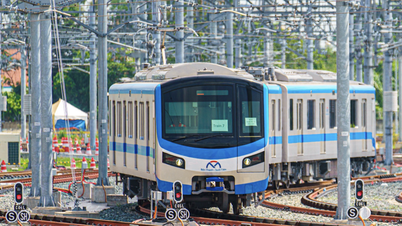

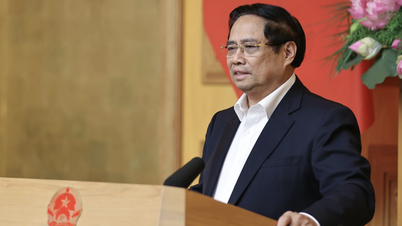


![[Photo] General Secretary To Lam works with the Standing Committees of the 14th Party Congress Subcommittees](https://vphoto.vietnam.vn/thumb/402x226/vietnam/resource/IMAGE/2025/12/09/1765265023554_image.jpeg)




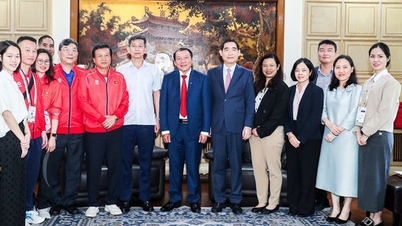


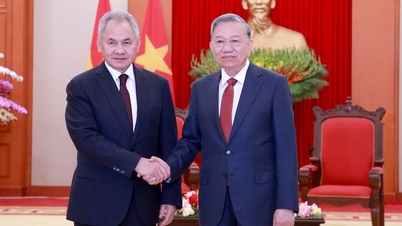





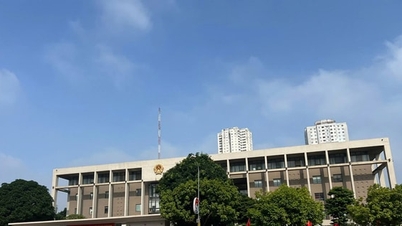


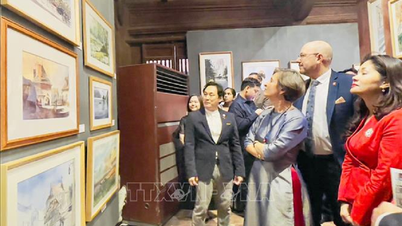

















Comment (0)